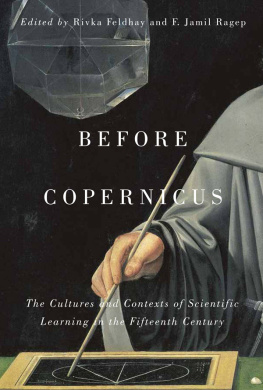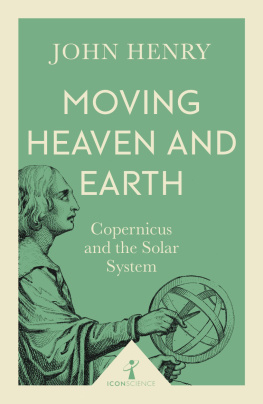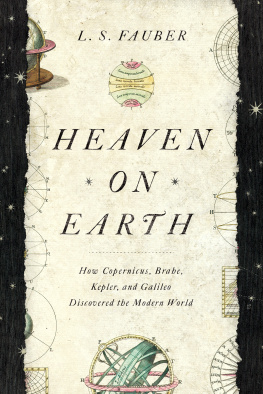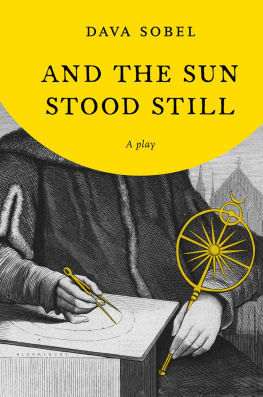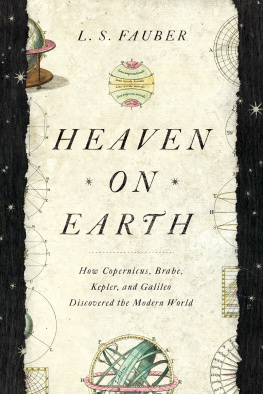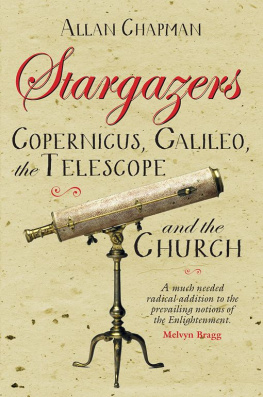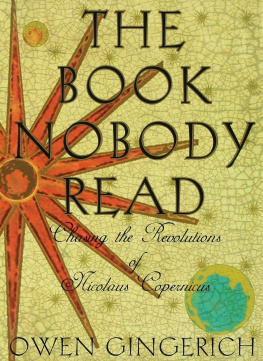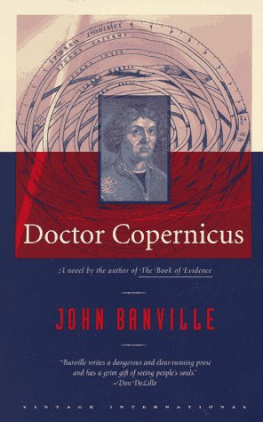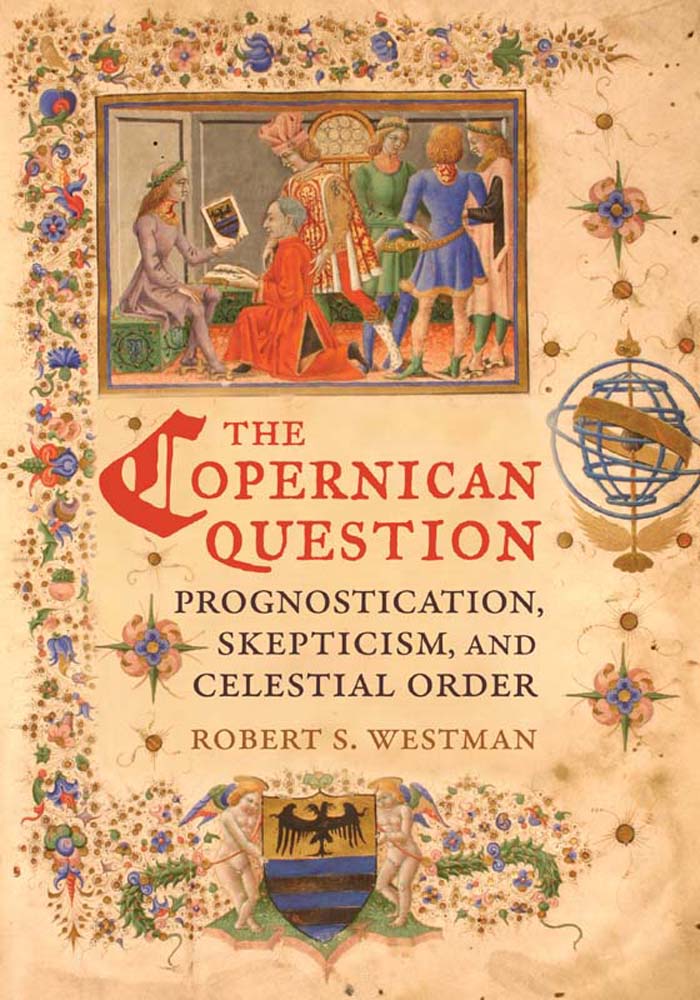
The publisher gratefully acknowledges the generous support
of the Fletcher Jones Foundation Humanities Endowment Fund
of the University of California Press Foundation.
THE COPERNICAN QUESTION
THE COPERNICAN QUESTION
Prognostication, Skepticism, and Celestial Order
Robert S. Westman

UNIVERSITY OF CALIFORNIA PRESS
Berkeley Los Angeles London
University of California Press, one of the most distinguished university presses in the United States, enriches lives around the world by advancing scholarship in the humanities, social sciences, and natural sciences. Its activities are supported by the UC Press Foundation and by philanthropic contributions from individuals and institutions. For more information, visit www.ucpress.edu.
University of California Press
Berkeley and Los Angeles, California
University of California Press, Ltd.
London, England
2011 by The Regents of the University of California
Library of Congress Cataloging-in-Publication Data
Westman, Robert S.
The Copernican question : prognostication, skepticism, and celestial order / Robert S. Westman.
p. cm.
Includes bibliographical references and index.
ISBN 978-0-520-25481-7 (cloth : alk. paper)
1. Astronomy, RenaissanceEuropeHistory16th century.
2. SciencePhilosophyEuropeHistory16th century.
3. Copernicus, Nicolaus, 14731543. 4. Galilei, Galileo, 15641642. 5. Kepler, Johannes, 15711630. I. Title. QB29.W47 2011
520.949031dc22 2009039562
Manufactured in the United States of America
20 19 18 17 16 15 14 13 12 11
10 9 8 7 6 5 4 3 2 1
In keeping with a commitment to support environmentally responsible and sustainable printing practices, UC Press has printed this book on Rolland Enviro100, a 100% post-consumer fiber paper that is FSC certified, deinked, processed chlorine-free, and manufactured with renewable biogas energy. It is acid-free and EcoLogo certified.
For my wife, Rachel, my sons Aaron and Jonathan,
and to the memory of my brother, Walt
How many people [who] are immersed in a discipline are used to reducing everything to it, and not because of a desire to explain everything by it, but because things really seem like that to them. What happens to them is like someone who walks immersed in snow and to whom everything ends up appearing white... like someone who loves in vain and sees the face of his beloved in everything.... So he who is a theologian, and nothing but a theologian, takes everything back to divine causes; he who is a doctor takes everything back to corporal states, the physicist to the natural principles of things, the mathematician, like the Pythagoreans, to numbers and figures. In the same way, the Chaldeans were entirely occupied with the measurement of celestial movements and the observation of the positions of the stars... and all things were stars to them, and they willingly took everything back to the stars.
GIOVANNI PICO DELLA MIRANDOLA , Disputationes contra Astrologiam Divinatricem, 1496
TEOFILO : Coming back to Nundinio, at this point he started to show his teeth, gape his jaws, squint his eyes, wrinkle his eyebrows, flare his nostrils and utter a capons crow from his windpipe, in order to make the people present understand by that laughter that he understood well, that he was right while the other was saying ridiculous things.
FRULLA: Is not the truth of what the Nolan said proven by the fact that Nundinio laughed at it so much?
GIORDANO BRUNO, La cena de le ceneri, 1584
I see some who study and comment on their almanacs and cite their authority in current events. With all they say, they necessarily tell both truth and falsehood. For who is there who, shooting all day, will not sometime hit the mark? [Cicero]... Besides, no one keeps a record of their mistakes, inasmuch as these are ordinary and numberless; and their correct divinations are made much of because they are rare, incredible, and prodigious.
MICHEL DE MONTAIGNE , Of Prognostications, in Essays, 1580
Its tough to make predictions, especially about the future.
Attributed to YOGI BERRA (and, in a slightly different version, to Niels Bohr)
The only function of economic forecasting is to make astrology look respectable.
JOHN KENNETH GALBRAITH
CONTENTS
4. BETWEEN WITTENBERG AND ROME
The New System, Astrology, and the End of the World
9. THE SECOND-GENERATION COPERNICANS
Maestlin and Digges
13. THE THIRD-GENERATION COPERNICANS
Galileo and Kepler
14. THE NATURALIST TURN AND CELESTIAL ORDER
Constructing the Nova of 1604
17. MODERNIZING THEORETICAL KNOWLEDGE
Patronage, Reputation, Learned Sociability, Gentlemanly Veracity
ILLUSTRATIONS
Figures
Tables
PREFACE AND ACKNOWLEDGMENTS
Under what conditions do people change or give up beliefs to which they are most deeply committed? This general concern lay behind my original interest in the topic of this book: why and how Copernicus changed his own thinking about the organization of the heavens and what made his discovery persuasive to others after its publication in 1543. When I was first drawn to these historical questions in the late 1960s, they were central to the prevailing postwar narrative of the historiography of science, a story cast in the language of scientific revolution and the origins of modern science. Although it is surely uncontroversial to say that there were many profound conceptual changes between 1500 and 1700, it is dubious whether revolution, a term normally used to designate a short-term political upheaval or rupture, is the right governing metaphor. Yet a difficulty about origins still remains: what, after all, was the question that Copernicus was trying to answer? This book is as much about that questionand the problems it generated and left unresolvedas it is about the kinds of answers offered by Copernicus and those who followed him.
In the 1970s and 80s, what seemed to me missing from discussions of the Copernican episode was the strong connection between transformations of concepts and the communal dimension of scientific change that Thomas Kuhns work had foregrounded theoretically in The Structure of Scientific Revolutions but left unaddressed in his Copernican Revolution. Thus initially I sought to probe how Copernicuss work was read and used in different cultural-political settings and how I should write about those spaces without introducing anachronistic categories, such as research, scientist, or the scientific community. In a series of papers that I published between 1975 and 1990 I identified and probed three major arenas of controversy about the arrangement of the heavens: the university, the aristocratic court, and the church (Westman 1975b, 1980a, 1980b, 1983, 1986, 1990). Readers familiar with those papers may occasionally recognize in this study a few surviving remnants of passages or turns of phrase; but in all cases, I have critically reexamined my earlier writings and revisited the sources on which they were based.
Put somewhat differently, I rejected the sensible advice of friends to get on with my career and republish my earlier studies as a modestly amplified collection. My decision to take an alternative route can be explained in part by a passion to get to the bottom of the questions posed at the beginning of this preface, even while appreciating that historical narratives, like the meanings we make of our own lives, are always subject to revision and reinterpretation. Still, I confess that the prospect of writing a long-term history felt daunting, not only as a practical matter of integrating the unending stream of new studies but because there were precious few models to emulate. To add to the arguments against such an undertaking, some historians had concluded that the


